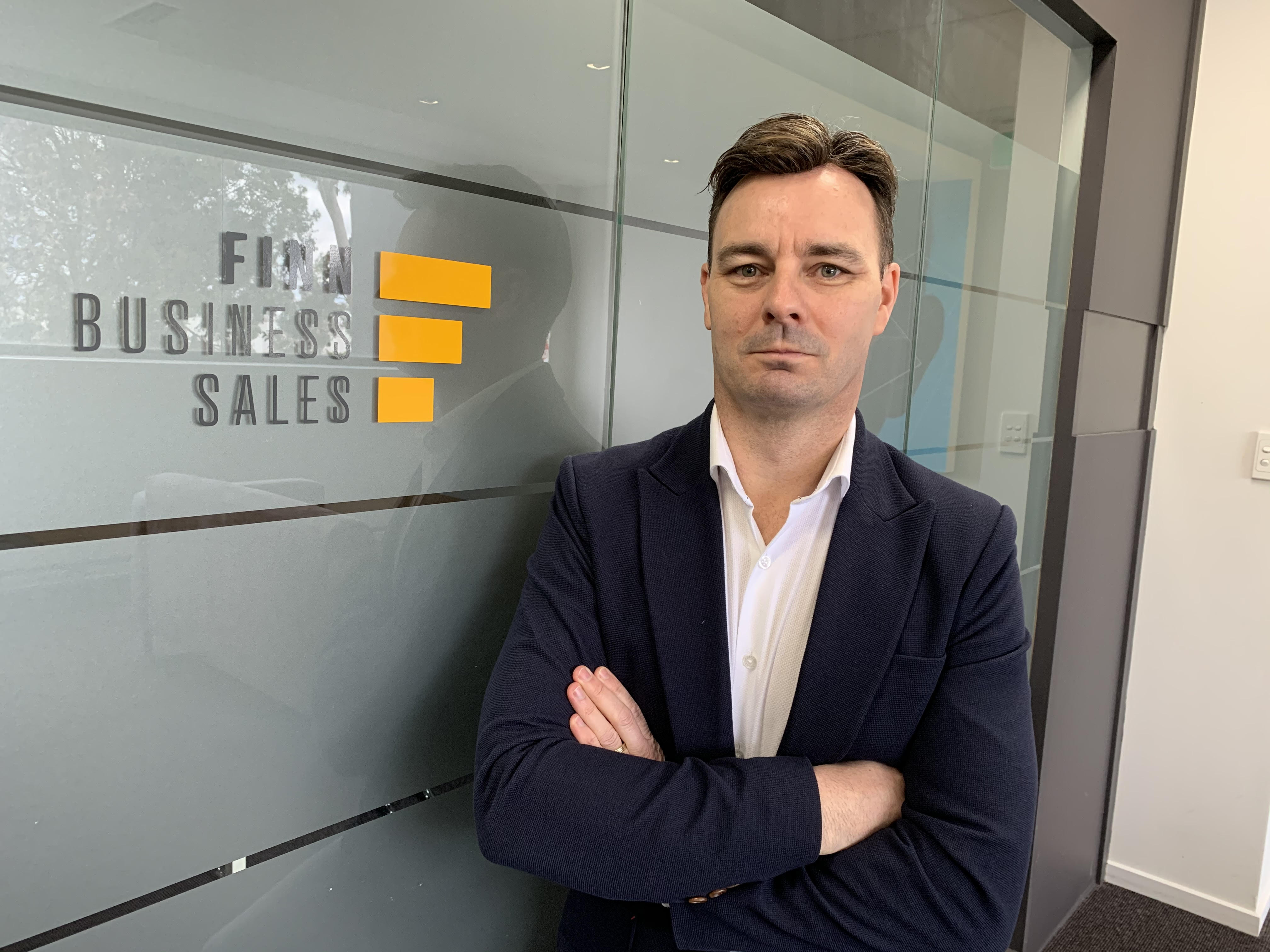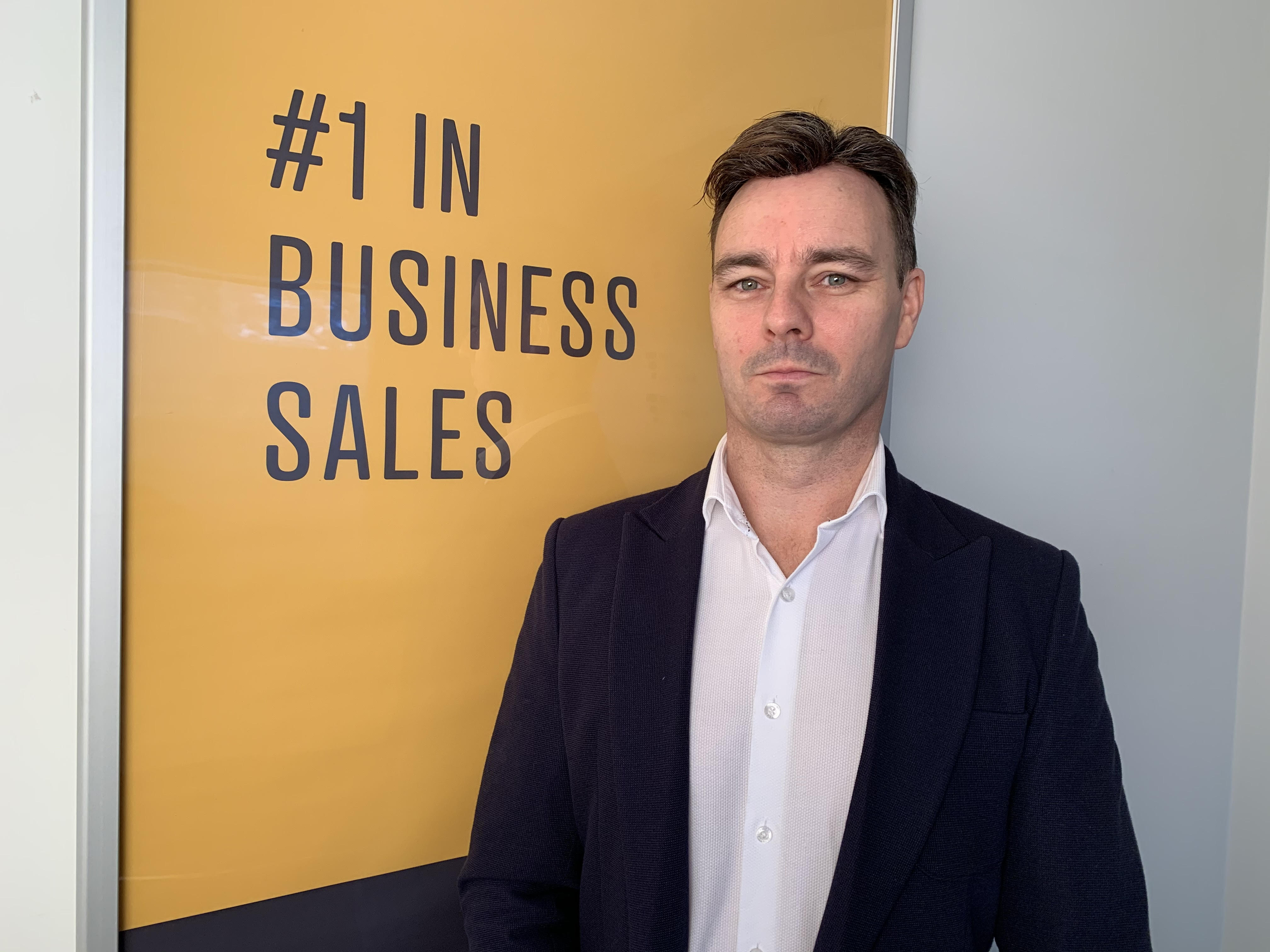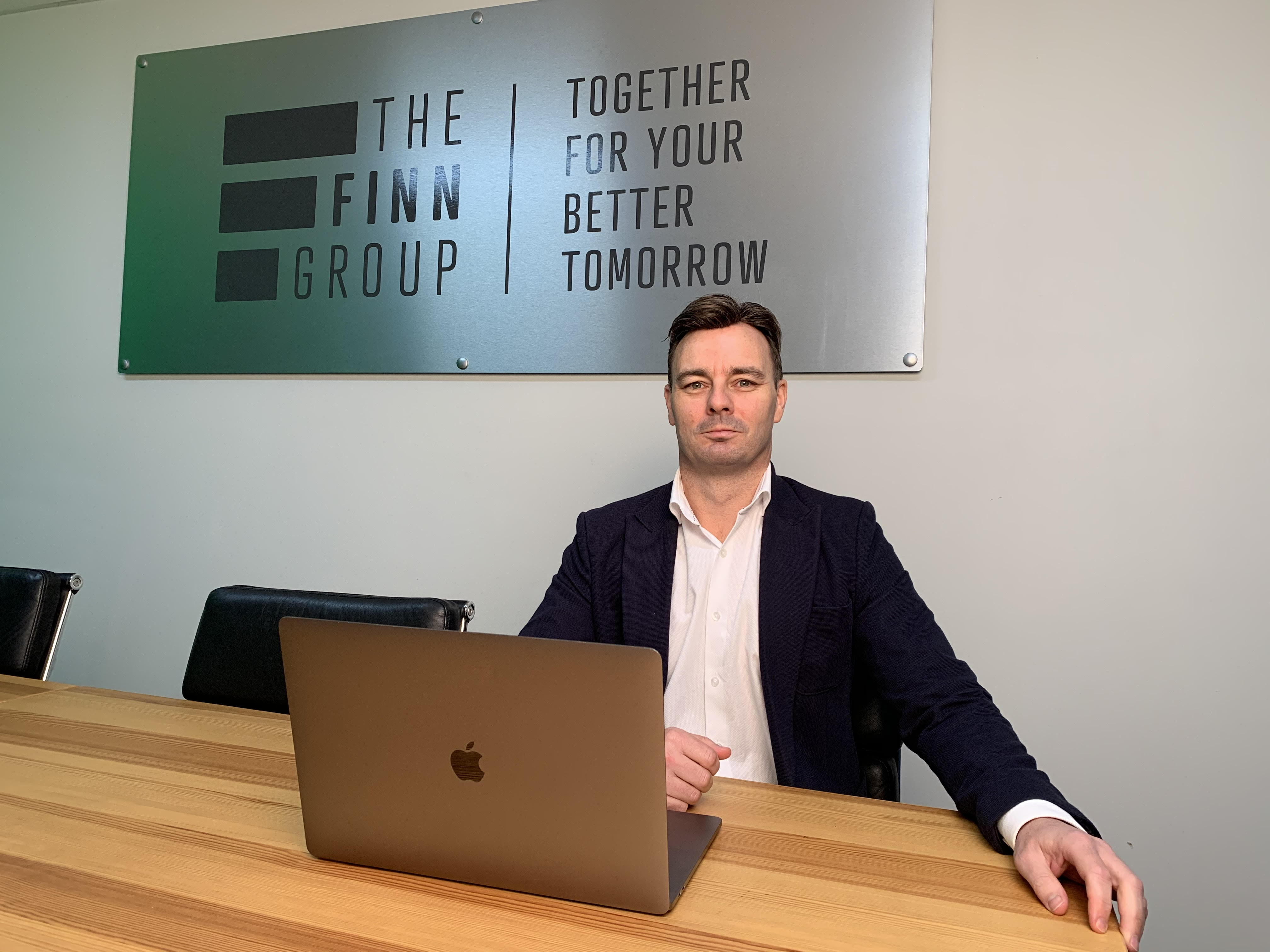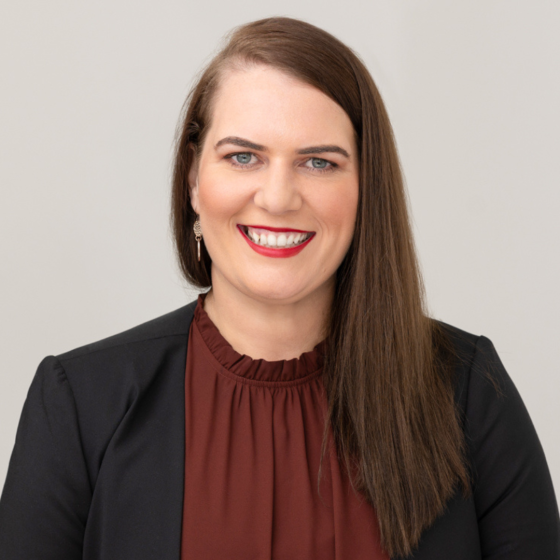Meet the Co-Founder of Finn Business Sales: Steve Finn

It was back in 2011 when I first encountered Steve Finn and Len Ferguson. They were running a Franchise Brokerage in WA and QLD and have been great supporters of Bsale over the years. Every encounter was been professional and friendly and they always left a good impression - this was something I admired in their brokerage.
It’s been 16 years since the Finn Group was established and it has been amazing to see the growth of this quality company over the years. Starting out in Franchising and expanding to Finn Business Sales, Finn Mergers and Acquisitions, Finn Financial Planning - they are a complete service brokerage across multiple states of Australia.
I sat down with Steve to chat about business broking, how he got started and advice he has for business owners.
Vanessa: How was it back in the early days when you and Len started in the industry?
Steve: We came into the business broking world sort of accidentally because we actually started off in franchisee recruitment. That was our specialty and we did that for the first 7 years. At that point, we had never sold an independent business. And then what happened was, by coming into that niche, we were sort of the only ones specialising in franchising. So then a lot of the franchisors used us and then their franchisees used us, and we got quite a bit of exposure from there and then we decided... Okay well, maybe we should start to sell independent businesses as well. And that was when we started to move into business broking in 2012.
V: What led you to want to work with Franchises initially?
S: When we originally thought to get into franchising it was the professionalism of a lot of the franchises and how good their systems were. We could get volume with them because we started to work with the head office and that way we could work with the franchisees rather than with independent businesses, trying to get one listing and then one more listing. Working with a franchisor like The Coffee Club, where we’ve done a lot of work with them and say, Boost Juice, you get one client, but you can then get, you know, 10 listings or 15 listings a year from one client. So that was really the main reason we went with franchises, it was the professionalism and the way a lot of franchises were operating.
V: Did you ever see yourself and the Finn Group getting as big as it is today?
S: Not really. It was just Len and I basically back then. I was in Western Australia and he was in Queensland. We both used to live in Victoria, and that’s how we met each other. We decided that we could live anywhere really. So I wanted to move to Perth which I did. He wanted to move to Brisbane which he did. Then I operated in Perth and Len operated in Brisbane and we just kind of shared the same website and the same forms and 14 documents and built the business that way.
Then because of the franchisors we’ve got, a lot of the brands were asking, ‘So can you help us sell this in South Australia’, or ‘Can you help us sell this in Sydney’, so we were like ‘okay, well it’s sort of hard, because we would need to travel to all these locations to sell these franchises’. So we thought we would either have to employ a lot of people in all the other states or... we could turn our business into a franchise itself and then have other people open up in the other states and just use the same brand like we were doing really, and that was why we decided to do that. So it just sort of evolved into what it is today.
V: All your experience in franchising from the earlier years probably helped a lot in that kind of decision making.
S: Yeah. That’s right. We’re just lucky we knew a lot about franchising. We used all the systems to set it up and the person who comes on board, is an owner, so it worked. It’s hard though, like a lot of people come into our industry and even though they come in and use our brand and our systems, it’s still hard for them to make it. It’s a hard industry to make it in. The failure rate is a lot less than the general person who might start as a broker. The systems, branding and training make it a lot easier. But there’s no guarantees.
V: Is there something in particular that you would look for in a business broker who is wanting to join Finn Business Sales.. Like personality traits or experience?
S: I think in the end they still have to be a good salesperson. So, you’d see a lot of people who are kind of finance people, accountants, all that sort of stuff. But really, that doesn’t get them far. You’ve got to be able to sell your services to the business owners. You know, sell yourself as a trusted advisor to the seller and then, that’s the key, because you won’t get listings from the start. And if you’re not getting listings it really doesn’t matter how good you are. It doesn’t matter how much you know about valuations if you’ve only got one listing. The biggest thing is being able to sell, sell, sell.
V: When it comes to a business owner and they’re looking to find a broker is there anything that they should be looking for?
S: I think there’s two things you need to look for. One, I would look for someone that’s really organized and really good at follow-up and really professional. You know, in the information they give you, how they present themselves and if you can contact them. If you can, organise a meeting and they can give you a presentation about what they do. All that stuff is the things that I would look for, because that tells you if they are the right fit. And then I think the other part is their marketing. How well are they set up to do that? Look at the whole marketing department. We monitor buyer inquiries and we’re proactively making sure we get enough enquiries for each listing. That’s why we use various websites to drive a high volume of leads. Because if you are listed with them, but they’re only using a small website or they might have a Facebook page, but it looks pretty average, you won’t get many enquiries.
V: On the flip side of that, do you think that a buyer should engage a business broker when they’re negotiating on buying business or even just looking for businesses?
S: Yeah I think buyers probably should. The way buyers generally behave is they just search around for things and put an enquiry in but don’t engage very well, or very much, with a business broker really. I would suggest buyers look for a number of business brokers, talk to them on the phone and find someone who is really professional. Meet with them. Talk to them every few weeks. Just to say ‘hey anything new?’’. The broker can become a real valuable source of information to help you find that right business. Large brokerages have access to a lot of listings. Like us we’ve got maybe 500 businesses on the market and probably another 200 that are coming on board in the next few months. If you’re close to a business broker, you can find out about it in advance, and they can help match you up to it and all that sort of stuff.
V: Yeah, the brokers know you want to buy as well. I guess, it shows them you are committed and will proceed with the right business when it becomes available.
S: Yup. Definitely, you sort of make yourself stand out rather than just everyone who just submits an online enquiry. Then they disappear. That’s what brokers call a tyre kicker.
V: What are the biggest mistakes business owners make when selling a business?
S: Probably overpricing it. Thinking that the business is worth more. When they want more for it than what the market says someone will pay. It’s not their fault. They just don’t know. They think... I need $400,000 to retire but the business is only worth $200,000. Or I paid $400,000 so I want $400,000 back, but they overpaid at the time unfortunately. Or since they bought it, it has gone downhill a little bit or they’ve had a couple of bad years, but they still feel that they want the $400,000 back. So they just don’t know, that’s probably the biggest thing and then they get stuck.
A stubborn seller is one that won’t budge on their asking price and then they just never really sell. A stubborn buyer is one that makes an offer on a $500,000 business for $250,000 and is always going to make low offers. So a stubborn buyer will never be able to buy anything and a stubborn seller will never be able to sell their business.
V: Then, the broker sits in the middle and waits for some compromise.
S: Yeah, or what happens a lot, is they change brokers. They’ll come to us and I’m sure they do this with us too. They blame the last broker, and try to get a new broker to sell the overpriced business.
V: What are your biggest tips for anyone that’s looking to exit their business?
S: Find the best business broker you can and give them all the resources they need to get you the result. That’s what I would do.
I wouldn’t just select anyone. I’d find a really good one and then I’d say to them, “ Okay, so you’re about to go and get me $500,000 say, so, what do you need?”, and if they said “ Okay, well, I need X amount for marketing and then I need to do a great IM document for you.. So here’s what you have to pay me to do it.”, then I’d say, “No problem, I’ll give you that, “It’s a team effort, you know, I’ll give you what you need and then you go get me my $500.000“.

V: Obviously, it’s been an interesting year with Covid. How do you think the business for sale industry is faring at the moment?
S: I think it’s actually surprisingly… not too bad. I think it’s starting to get better. Victoria not so much as yet really. But the other states seem to be okay. There’s a lot of enquiries. Not seeing as many people buy yet.
V: Do you think many buyers are getting finance?
S: I haven’t really seen finance be tougher yet. Everyone keeps telling me it’s a bit tougher. I am not so sure.
V: I guess it depends on the buyer.
S: Yeah, exactly. Yeah, that’s always been the case really. I think people are searching but they’re scared to buy at the moment. They want to buy. They know they should be buying and looking that’s why enquiry levels are high.
They still have quite a leap to go and borrow a few hundred thousand dollars against their house largely, you know in the current circumstances, that sort of what is kind of coming out to us, you know in a lot of states. So yeah, I think it’ll be okay. We’ve just probably got a few months to go yet, that’s all.
V: Is there any industry you think has been hit harder than others?
S: Oh, well hospitality. Yeah hospitality and tourism.
V: What is your advice to business owners who are emerging from the effects of Covid. Do you think it has affected the valuation of their businesses?
S: No, I don’t think it’s affected the valuation. There’s been particular industries where sales dropped, well, that’s sort of expected. But yeah, I wouldn’t hold on for another whole year or 18 months and try to have a year without covid figures or anything like that. Honestly, I don’t think it makes much difference. I think the main thing is if you want to get out and you’ve kind of had enough, now is the time to do something about it … but if you’re kind of enjoying it, it’s ok to just keep going.
V: Obviously JobKeeper is ending March 2021.There’s a lot of rumors going around that business owners should wait until March if they are looking to sell. Do you think it’s worthwhile waiting until then, or should they be looking to advertise now? Do you think there will be an 16 influx come March?
S: It generally takes on average about six months from the time you go on the market, to finding the new owner, to handing over the keys. It might happen in three months, might be nine, you really don’t know. I tell everyone you’ve just got to have in your mind that it will take six to 12 months.
I’d be doing something about it now, because you get to ride all the JobKeeper payments through and then it gets handed over to them on top, so it’s perfect timing. Whereas, if you come on the market then you’re in the middle of everyone else doing the same because they haven’t properly thought about it as much. People just think as soon as you get in the market you sell straight away. Which isn’t generally the case.
V: Do you think a certain time of the year has more business sales?
S: No, no, not really. You get more enquiries in January.
People are just sort of reflecting, you know, what they want to do, over Christmas holidays. Do I still want to keep doing what I’m doing? It’s a good time to have a look online. So, enquiries are up, but it doesn’t mean more businesses sell.
I think it’s just, there’s no right or wrong time. Honestly, if I had a business I am selling, I would just sell whenever I was ready. I wouldn’t think, I’ll wait until a certain month or I’ll wait until the end of the financial year, or whatever. Because it still takes that 6 to 12 months anyway.
Yeah. I’d just do it when I was ready. When I felt I was getting close to having had enough. Then I better get this cracking before I’ve really really had enough because that’s risky.
Too often, a business owner waits until it’s too late. When the business goes on the market, the owners are already tired of running their business. For argument’s sake let’s say, after six months there’s still no buyer. By then, they’ve really had enough of running the business and they will call us back and say, let’s drop to $200,000 from $300,000. The owners think it’s fine because they want out, but it’s just dropped to $200,000 because they just think it’s going to sell faster. It’s actually probably not going to make much difference. Then, over the next six months there’s a few nibbles, but it still isn’t gone and the owner just makes it $150,000. The problem is, they waited too long to list it for sale in the first place, they’ve given away like $100,000- plus just because they were frustrated. Whereas, you’re better to get in when you’re just starting to think of it, rather than get to the point where you’re completely frustrated.
You’d be amazed how often we have to talk the client out of reducing the price of their business. Reducing the price, actually doesn’t always help.
If you think about it, I’ll come to you and I go, ‘oh I’ve got this business making $150,000 and look the owners just reduced the price twice and you can buy it for a hundred’, you’re going to go….What’s wrong with it? …
V: I’d imagine a lot of business owners feel so much frustration. Owning a business in general is hard work, and then you add in the stress of trying to sell a business, the owner would need a lot of patience and determination.
S: Half the stuff we do is coaching the clients into understanding what is involved. You have to say to them that it’s going to take a year. So they are prepared and not stressing every week.
V: Business sales are so different from real estate and I think a lot of people are so used to real estate sales because everyone has a house or bought a house or have experienced it in some way. I’d imagine finding a person who wants to take on a business and everything it involves is much harder?
S: It is and people drop the price of their business a lot more than the price of their house because the house doesn’t cause you any pain, so you can stay there like, oh I want to sell but really if you’re there another year, doesn’t really matter right? It’s not unless you have personal issues and you both live in the same house, that’s different. But your business can, once you decide you want out, you’ve got pain every day. You’ve got to get up. You’ve got to go there, you’ve got to unlock the door, you’re driving there in the morning and you go to that cafe or restaurant. You might be having troubles with the staff. You might be fighting with the chef. So, you’ve got to go and it’s causing you quite a lot of pain and if you have got another type of business, you’re getting sick of the customers.
It’s an interesting process and people don’t generally have much experience in selling a business because not many people sell a business. You might sell one or two in your life if that.
V: This is where brokers can help the owners understand the commitment.
S: Yeah, because we do it every day, but from their side they don’t, so a lot of what we do goes into kind of educating, how this works, how that works. You know, if we haven’t sold it within two months, don’t freak out. That’s just normal.
Steve Finn was interviewed by Vanessa Lovie - CEO Bsale Australia 22nd September 2020.
Steve Finn - Finn Business Sales
Email: . info@thefinngroup.com.au
P. 1300 535 932
Website: thefinngroup.com.au
About the author

Vanessa Lovie
CEO Bsale Australia
Vanessa is the current manager and CEO of Bsale Australia. Over the past 11 years as a business owner, she understands what it takes to grow a ...





